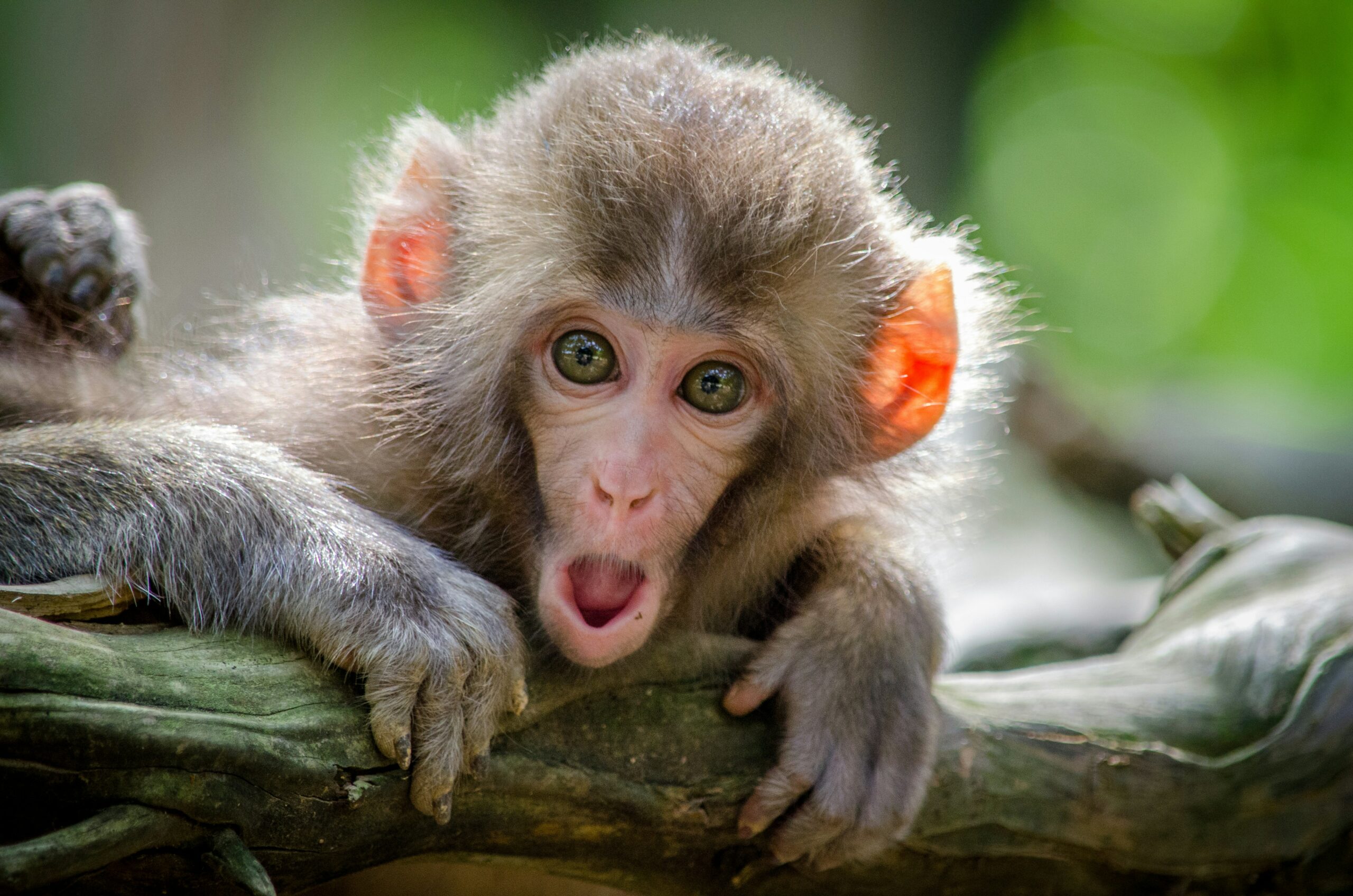
Today, 31st January, marks a pivotal moment in England’s animal welfare legislation as a bill concerning the keeping of pet monkeys is set to be debated in the House of Commons. This proposed legislation, a crucial development in the protection of primates, is expected to garner widespread support and represents a significant stride towards ensuring the wellbeing of these animals in domestic settings.
The RSPCA, a leading voice in the campaign against pet primates, has been instrumental in pushing for this change. They have long argued the practical impossibility of meeting the complex needs of primates in household environments. While not an outright ban, the new licensing regime is designed to limit primate ownership drastically. However, the RSPCA is urging the UK Government to provide immediate clarification on the status of existing pet monkeys when the new rules come into effect in 2026.
The Animal Welfare (Primate Licences) (England) Regulations 2023, up for discussion today, is set to proceed to the House of Lords following the Commons debate. Under the new rules, from 30 April 2026, it will be illegal to keep a monkey in a home in England without meeting specific licensing conditions, to be enforced by local authorities. These standards, as stated by the UK Government, will align with those required in zoos.
Present estimates suggest there are around 5,000 pet monkeys in the UK. David Bowles, the head of public affairs at the RSPCA, reflected on this situation, saying: “Meeting the needs of monkeys and other primates is practically impossible to do in a household, domestic environment.
“Stopping the keeping of these primates as pets was a manifesto commitment from the Conservative Party – and it’s so important the UK Government keeps this pledge. That’s why this legislation will be a really important moment for animal welfare – ensuring primates can only be kept in an appropriate environment, as we all strive to create a better world for every animal.”
Bowles also highlighted the distressing scenarios RSPCA officers often encounter, with monkeys living in unsuitable conditions and on inappropriate diets. The new law, he believes, has the potential to change this.
The RSPCA, while welcoming the legislation, has expressed concerns about the fate of currently kept pet monkeys, especially as the law does not provide ‘grandfather rights’. Marmoset monkeys, commonly kept as pets, have a lifespan of up to 20 years or more.
Dr Ros Clubb, RSPCA head of wildlife, underscored this concern, stating: “While this new law is an important step forward, we need a clear plan from the UK Government about the thousands of pet monkeys living in England. With no ‘grandfather rights’ in the law, we need Ministers to clearly set out how the welfare needs of these monkeys will be met once the new law comes into force.”
This bill comes after the abandonment of similar proposals in the UK Government’s Kept Animals Bill last year. Simultaneously, the Welsh Government is consulting on the future of private primate ownership, with the RSPCA actively contributing to these discussions.
Further details on the RSPCA’s campaigning efforts can be found on their website.
Photo by Jamie Haughton on Unsplash

